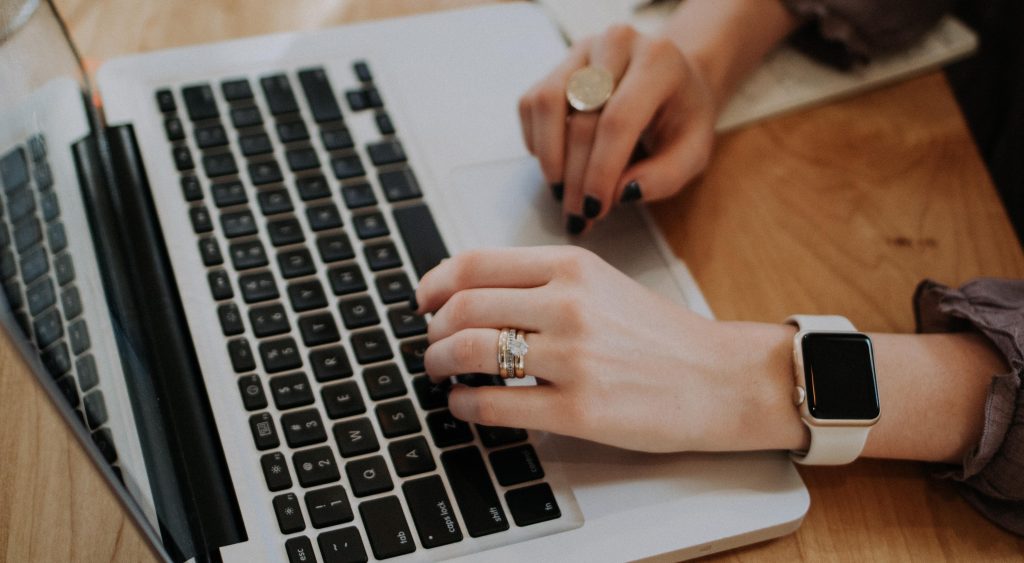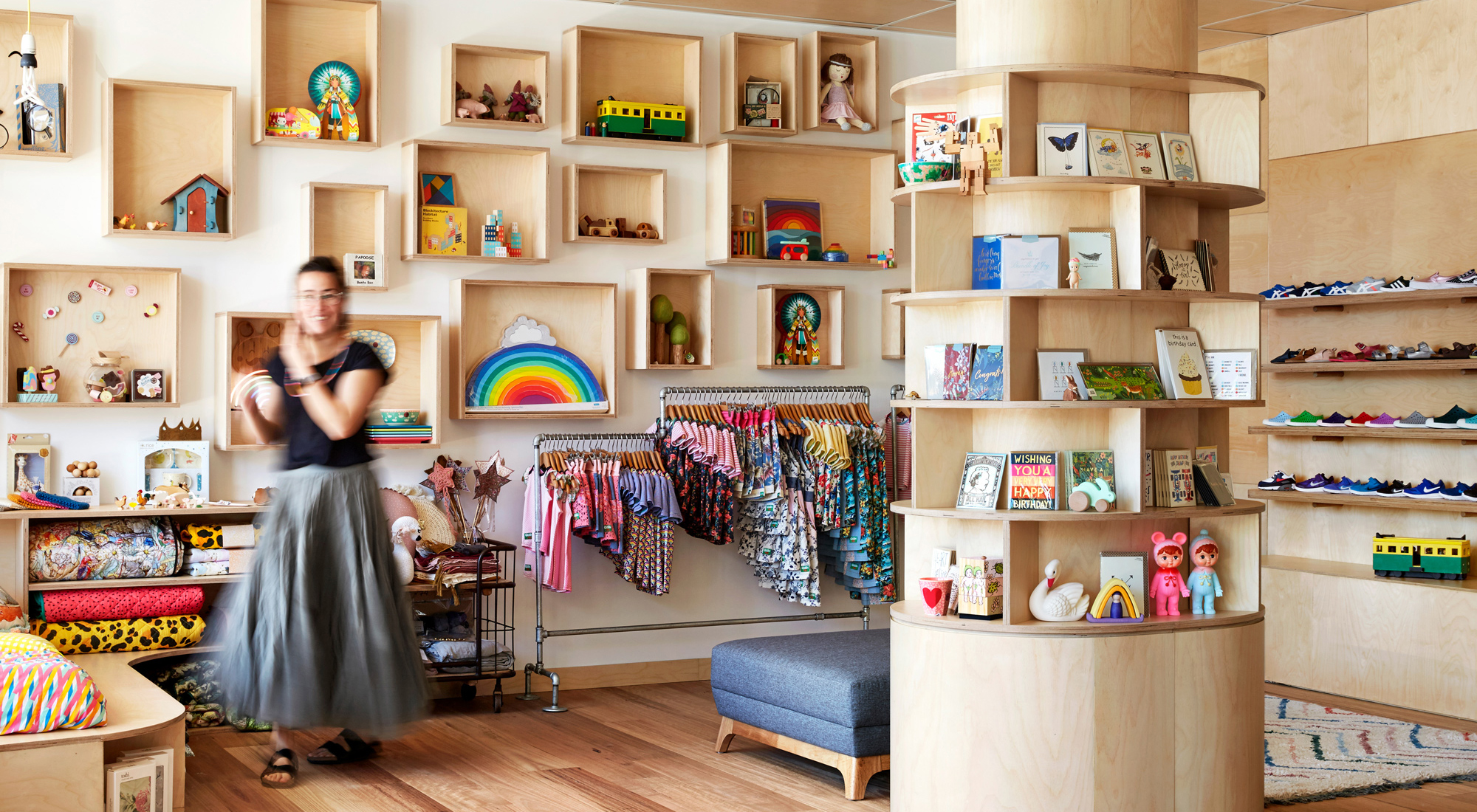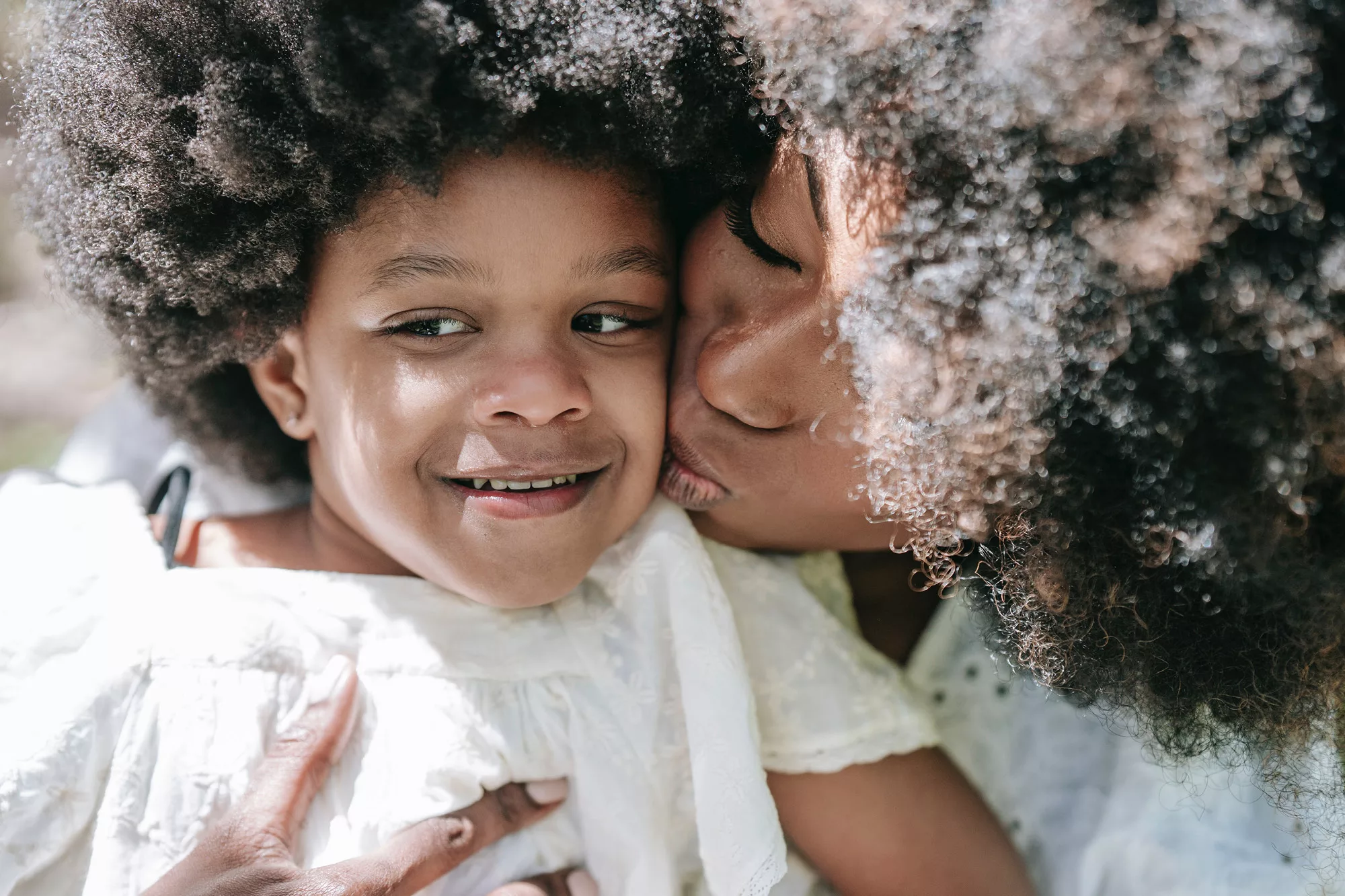Stress and burnout is affecting more and more of us – especially here in Australia and New Zealand. And the decision for Jacinda Ardern to resign as New Zealand Prime Minister is something we can all learn from.
By Peter Hayton, Chief Psychologist at The Banyans Healthcare
Trying to juggle work and personal lives – without help – is only fuelling the burnout of Australian mums.
It seems New Zealand Prime Minister Jacinda Ardern is no different.
And her resignation has sparked a timely conversation about the increasing stresses faced by working mums. Plus, the important fact that she wants to spend more time with her family.
“Identifying the early signs of chronic stress gives mums the best chance to make small changes to avoid escalation into severe burnout that can negatively impact their life.”
Because life is especially busy for mothers working full-time. Something that has only increased in the last couple of years – 39% of mums who have not changed working hours since the start of the pandemic, have experienced an increase in the amount of time having to care for their children.

Jacinda Ardern with Neve
Stress and burnout on the rise
Jacinda shocked us all when she bravely admitted that part of the reason for her stepping down was because she simply no longer has enough in the tank to do her job properly.
And so many people breathed a sigh of relief – we feel it too!
In fact, Jacinda’s resignation has highlighted the increasing impact of stress and burnout within the workplace, with Aussies and New Zealanders feeling it the most.
In the most recent Work Trend Index, 60% of New Zealand and Australian workers report being burnt out at work. This is higher than the global average of 48% of employees.
On top of that, one-in-two (51%) of Australian women report high stress levels and almost half (48%) feel burnt out. Yet only two-fifths (41%) feel comfortable speaking up about mental health concerns in the workplace.

How to recover from burnout
Whilst the recovery time from burnout is different for every individual, there are practices and habits that can be put in place to help start the journey.
This could include:
- Sticking to set work hours
- Turning off work notifications
- Avoiding checking emails or taking calls outside working hours
- Being transparent with management regarding availability outside of working hours
- Honouring personal commitments and family activities
Most importantly, Australian mums should learn the signs and remain vigilant for any obvious or notable change in their health, both mentally and physically.
Identifying the early signs of chronic stress gives mums the best chance to make small changes to avoid escalation into severe burnout that can negatively impact their life.





